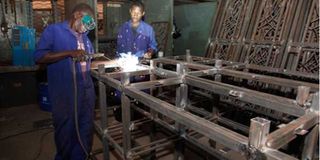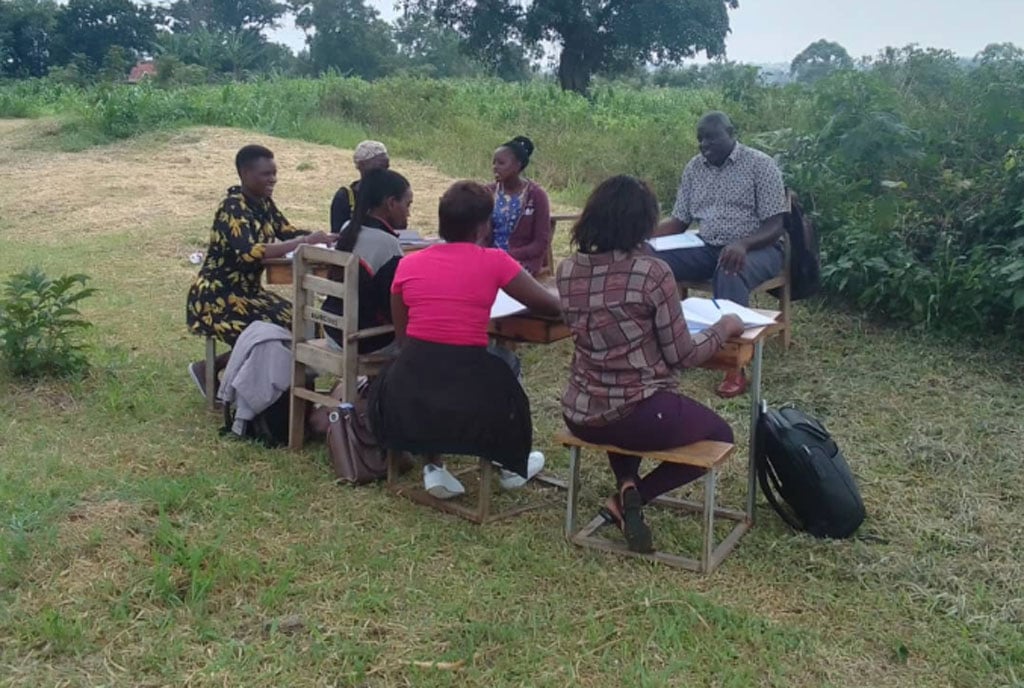Let’s give support to vocational education

Students at Nakawa Vocational Training Institute in Kampala during a practical lesson in October 2019. PHOTO | FILE
What you need to know:
- The issue: Vocational education
- Our view: We would like to encourage the Ministry of Education to plug the holes that have been identified by learners and teachers implementing the project.
Our special report on reports gathered from educational institutions countrywide, which we published in yesterday’s edition, point to an optimistic future; of a generation that will be hands-on and will likely create jobs for themselves.
With an ever increasing unemployment rate, the new –O-Level curriculum seems to have opened doors that had long been closed by the prioritization of stakeholders on the largely theoretical curriculum.
Interviews with students due to sit their Uganda National Examinations Board papers starting in October revealed that they had already started cashing in on the skills gained over the few years of their studies.
Those interviewed included students who have made money from mechanical works, baking, handcrafts, electrical engineering, and other skills.
This is a positive in a country where many young people are disillusioned over unemployment and poor working wages, vocational skills training offers young people meaningful job opportunities, especially given the significant barriers students face in getting a college education.
Studies world-over have shown that students who attain vocational education do not enter the work field with little practical experience regarding the tools and environments in which they will work because they would have already acquired some skills. This kind of education system, therefore, prepares them to enter the job market with employable skills and something they can offer, or a good starting point.
In the same vein, in a world where experience is key, the skills and training attained while at school is paramount when writing resumes, and employers will know the job applicants already have a significant portion of the training they need, which helps to open doors to new possibilities.
Yet even with the revelation, implantation of the curriculum over the past four years has met a litany of hurdles.
The list of challenges ranges from limited land at the schools to implement some of the required agriculture projects, teachers using the old curriculum because they are unable to get textbooks for the new curriculum, lack of teaching materials, and inadequate retooling of teachers to teach the new curriculum.
In that vein, we would like to encourage the Ministry of Education to plug the holes that have been identified by learners and teachers implementing the project. From what we hear and see, it feels like there is a light at the end of the tunnel.
Similarly, we would like to ask the stakeholders to fast-track implementation of the same curriculum for the Advanced level to leverage on the gains made at Ordinary Level.




